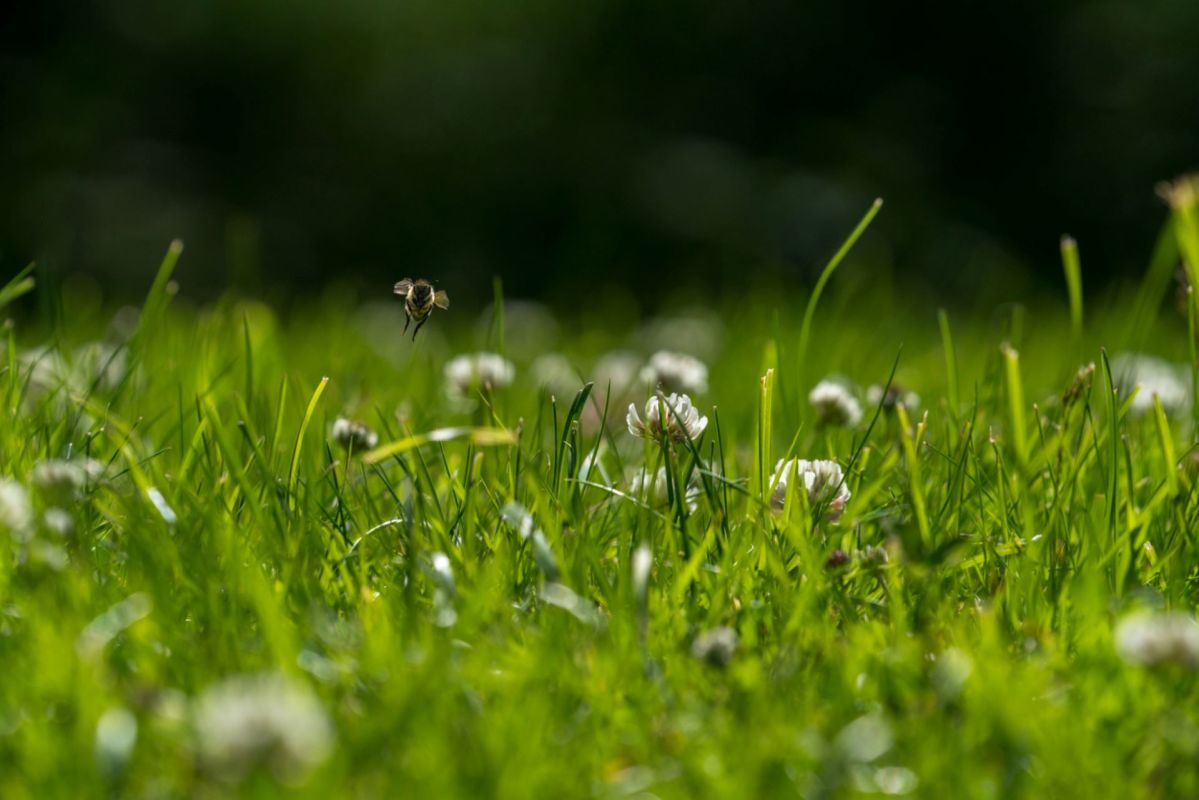One homeowner was flummoxed when trying to find a lawn alternative that could both meet their homeowners association's requirements and protect their health.
"I would like some advice," they said in a Reddit post. "The HOA wants to put in a rule that says that the lawn is 75% grass."
They shared their post on r/NoLawns, a community geared toward minimizing grass and finding more affordable, easier options that require less water.
These alternatives don't just add beauty and personality to a property. They also save owners money and benefit the environment by reducing polluted lawn runoff, increasing the diversity of the plant life in an area, and providing food and shelter for beneficial wildlife.
Sadly, many HOAs block these eco-friendly and money-wise moves, insisting on grass instead, but this homeowner was one of the lucky ones.
"Eventually, I got them to concede and admit that they don't care if it's actually grass, but just that it looks nice," said the original poster.
That opens up a world of lawn alternatives — or at least, it would. This homeowner, however, had some unusual constraints to work within.
"My partner is allergic to bees and I'm allergic to grass," they explained.
They also wanted the plant to be evergreen and drought-resistant. Not only that, but the HOA still had a hand on the wheel.
"We cannot get around the six-inch-high rule, due to some weird stuff about where it's located in the HOA rules and definitions," said the homeowner. "I'm having a hard time finding a plant that meets all the requirements."
One option would be to change the requirements themselves. HOAs have built-in processes for making those kinds of changes with the approval of the residents.
Another potential option would be xeriscaping — replacing the lawn with water-saving landscaping elements such as stone or gravel beds, mulch, and desert plants. Some states, like Colorado, protect homeowners' right to install this "water-wise" landscaping, even without HOA approval.
As for plants, commenters offered a few suggestions.
"I believe hernaria meets all those requirements," said one user. "There's also varieties of creeping thyme that either don't flower or don't flower much."
"Ferns use spores instead of pollen/seeds and would do well in shady damp areas if you have them," said another commenter. "If sedges don't trigger your allergies a sedge lawn might be an option too."
Join our free newsletter for easy tips to save more, waste less, and help yourself while helping the planet.









